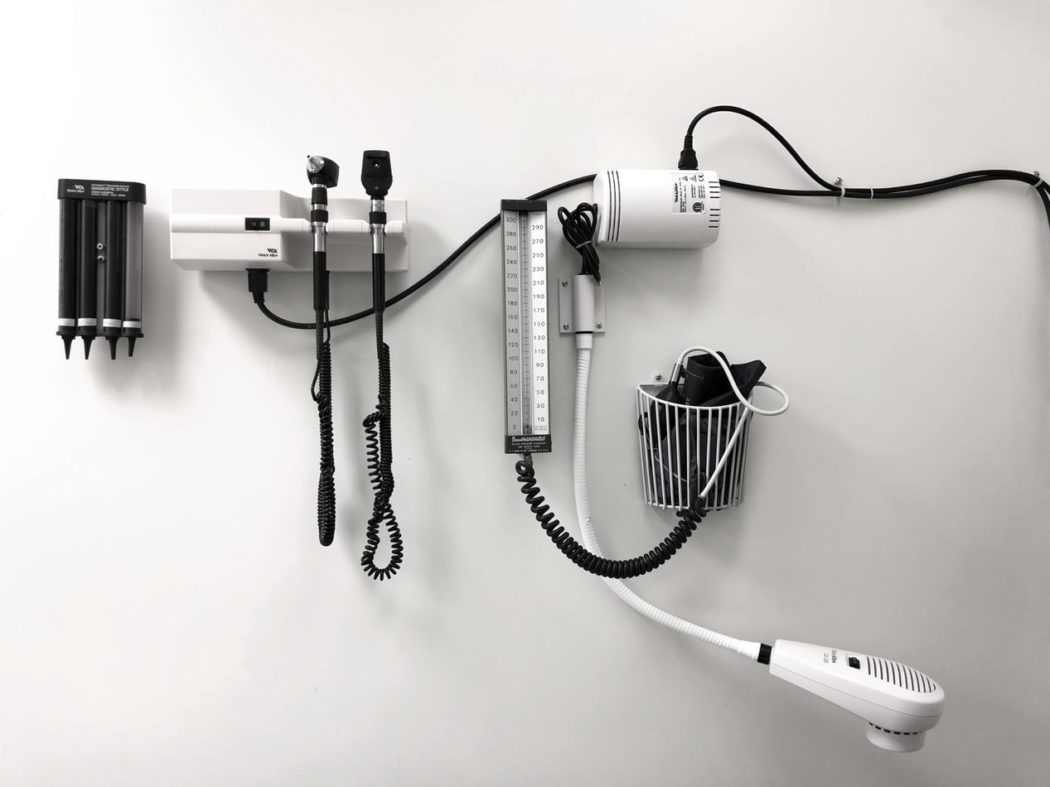 Over the past week, articles about Title X, Planned Parenthood and the Trump Administration have been all over the news. If you’ve read any of these stories, you may already know that Planned Parenthood has left the Title X program. But what is Title X? What does all this mean, especially for Planned Parenthood patients here in North Carolina? The women of Women AdvaNCe are here to break it down.
Over the past week, articles about Title X, Planned Parenthood and the Trump Administration have been all over the news. If you’ve read any of these stories, you may already know that Planned Parenthood has left the Title X program. But what is Title X? What does all this mean, especially for Planned Parenthood patients here in North Carolina? The women of Women AdvaNCe are here to break it down.
What exactly is Title X?
According to the National Family Planning and Reproductive Health Association, “For more than 40 years, the Title X (ten) family planning program has served as the nation’s only dedicated source of federal funding for family planning. Annually funded by Congress through the discretionary appropriations process, the Title X program supports high-quality, culturally sensitive family planning services and other preventive health care for low-income, under-insured and uninsured individuals who may otherwise lack access to health care.”
This means that Title X is a federal program that grants health care centers funding to conduct things like pap smears, mammograms, sexually transmitted infection (STI) tests, pregnancy tests, and family planning counseling.
Oh, cool! So… why’s Planned Parenthood leaving?
To explain that, I’ll have to explain how Title X works. As with any funding from the government, Title X funding functions like a grant. That means that in order to receive federal funding, grantees (which include private organizations like Planned Parenthood and public organizations like public health clinics) need to follow certain rules set up by the federal government—specifically, the Department of Health and Human Services, which administers the grant. These rules can change depending on who’s in federal office.
When the executive branch changes rules that govern how policies are enforced, there’s usually a public comment period when citizens and organizations can comment on the new regulations. The federal government is required to read and respond to each individual comment.
Planned Parenthood’s departure from the Title X program follows updated Trump Administration regulations for Title X grantees. Among other key requirements, the rule prohibits Title X grantees from giving patients abortion referrals as a means of family planning and from presenting abortion as an option for family planning. (The rule does allow for nondirective abortion counseling.) The new Title X regulations went through a 60 day open comment period in June of 2018, and a final draft was released last March.
According to Dr. Katherine Farris, medical director of Planned Parenthood South Atlantic, “It’s not ethical or appropriate for a provider to lie to patients about their healthcare options, even if that lie is a lie of omission.” During an interview with Frank Stacio on WUNC’s State of Things, Dr. Farris noted that while the new Trump Administration rules do allow Title X grantees to have a “meaningful conversation about options” with pregnant patients, Title X providers cannot refer patients who elect to have abortions to providers and also must schedule patients for their first prenatal visit. She noted that Title X providers can give patients a list of other providers for care, but less than 50% of providers on the list can provide abortions. Further, under the new Title X rules, grantees cannot tell patients which providers on the list provide abortions. Dr. Farris noted that Planned Parenthood left the Title X program because these new regulations make it difficult for patients to access accurate information about their options—and in turn, pose barriers to providers seeking to give comprehensive reproductive health care.
So how will this affect North Carolina?
Planned Parenthood South Atlantic, based in North Carolina, actually lost Title X funding earlier this year when the Department of Health and Human Services denied the organization’s application for renewal this March. According to Elizabeth Finley, Director of Strategic Communications at SHIFT NC, North Carolina has already seen increased wait times at Public Health Centers and rising health care costs. At Planned Parenthood, low-income, uninsured and under-insured patients once accustomed to receiving appointments at little to no cost are now paying sliding scale costs that can range from $70 to $200+ for a check up.
According to Finley, “We’re two month into this funding change and we’re already seeing the increased pressure on our public health departments.” Nationally, Planned Parenthood served around 40% of Title X patients. Here in North Carolina, Title X serves approximately 110,000 patients according to 2018 data.
Vice President of Planned Parenthood South Atlantic, Paige Johnson, told the Raleigh News & Observer, “I don’t see another organization stepping into the void.” She predicts these new Title X regulations will amount to a rise in unintended pregnancies and sexually transmitted infections, and while early cancer detection decreases. “What you are going to see is a public health crisis.”

Emily “Em” Hagstrom is a freelance writer, researcher, Women AdvaNCe board member and advocate for violence prevention and gender equity with a background in public policy and media production. She most recently managed the publication of the Status of Women in NC: Health and Wellness Report (PDF) and has written for several organizations including the National Women’s Law Center, the Feminist Majority Foundation, and The Irina Project.
Em can be reached at ehagstromnc@gmail.com and on Twitter @emhagstrom

There are no comments
Add yours